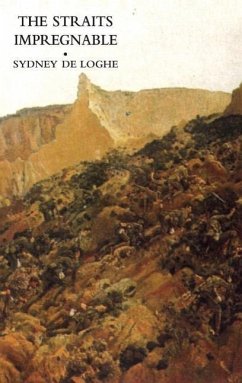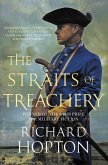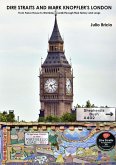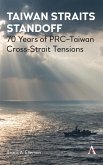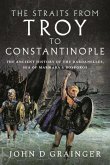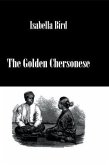Although published as a novel to evade wartime censorship Sydney Loch's [Sidney De Loghe was a pen name] searing memoir of the Gallipoli campaign carries the note "This book, written in Australia, Egypt and Gallipoli, is true". Certainly the prose reads as though the author has been to hell and back, making the book a grim classic of Great War literature; 'Death was the farmer of that tranquil field. Look at the corpses, tumbled in every shape, as still as still could be. mark the green uniforms holding the sunlight, and the dusky faces, hideously misshapen with decay. Mark the swollen bodies. Mark the rotting eye socket. By night and by day shells pass over them, but this silent company sleeps on". So honest was Loch in his descriptions of war's hideous reality that the authorities in the Australian state of Victoria banned it when it first appeared during the war. Loch was a sheep farmer who joined up, eager to fight for a just cause. His disillusionment was bitter. His criticism of the shortage of shells and the inept conduct of the campaign by the Higher Command drew the wrath of censors.At first a 'galloper' or horse-borne messenger, Loch became a runner in the trenches where he saw a mate, Lieutenant Lewis, blown to bits beside him. Loch collected the bits in a sack and buried them. The author's prose, always vivid, is sometimes informed by his farming background, as when he describes a 'crater where eight dead men lay around like chickens come to feed at a basin'. Fortunately for him, Loch was finally laid low with dysentery and typhoid and evacuated in a coma in August 1915. Sent back to Melbourne to recover, he began to write this book - one of the most horrifically vivid accounts of Gallipoli ever penned. A humanitarian hero, in the Second World War Loch ran a refugee camp in Greece and Palestine - and was responsible for saving more than a thousand Poles from the Nazis
Hinweis: Dieser Artikel kann nur an eine deutsche Lieferadresse ausgeliefert werden.
Hinweis: Dieser Artikel kann nur an eine deutsche Lieferadresse ausgeliefert werden.

